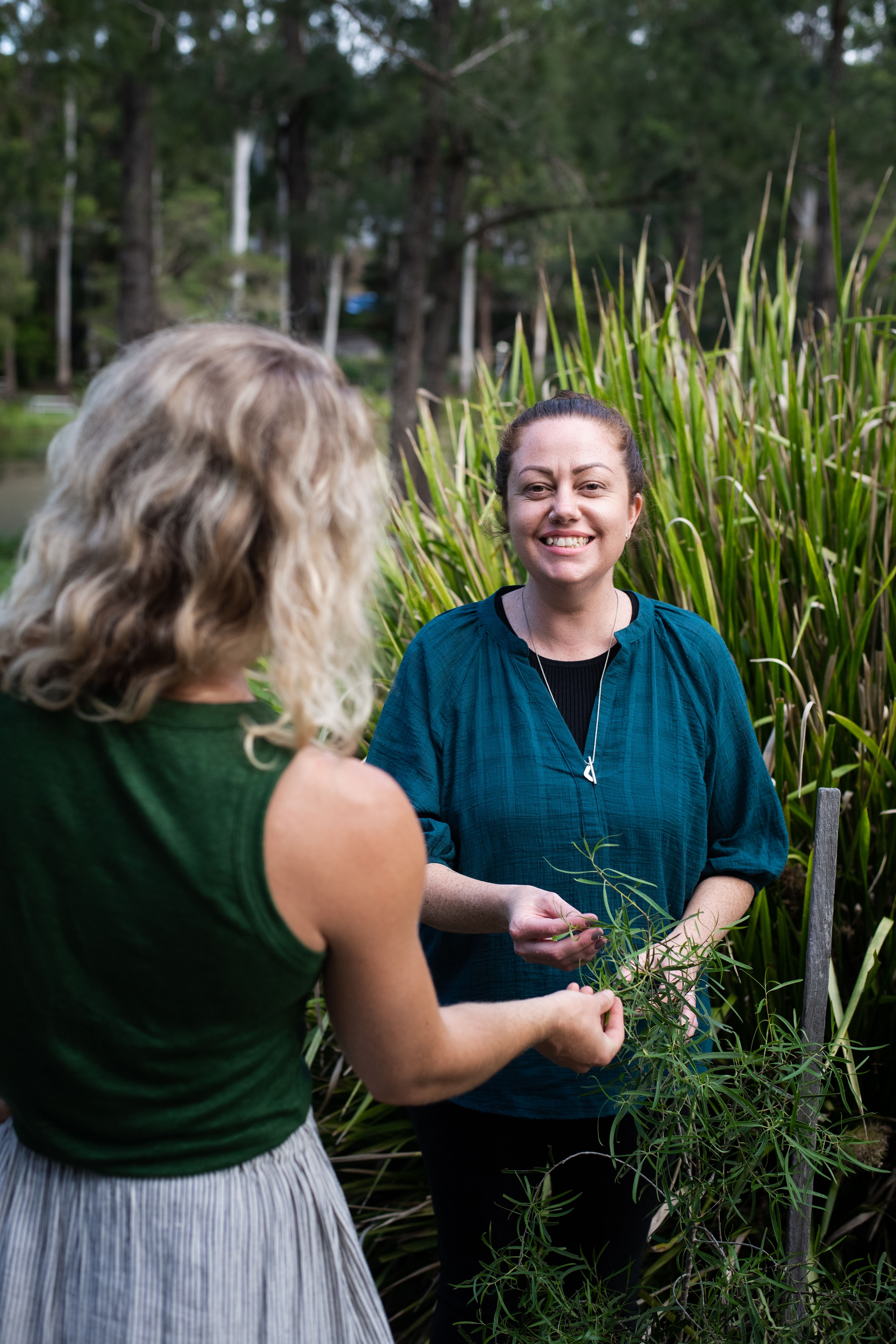Indigenous knowledge is fueling a boom in natural products, but who benefits?
One regional Australian university is navigating the minefield
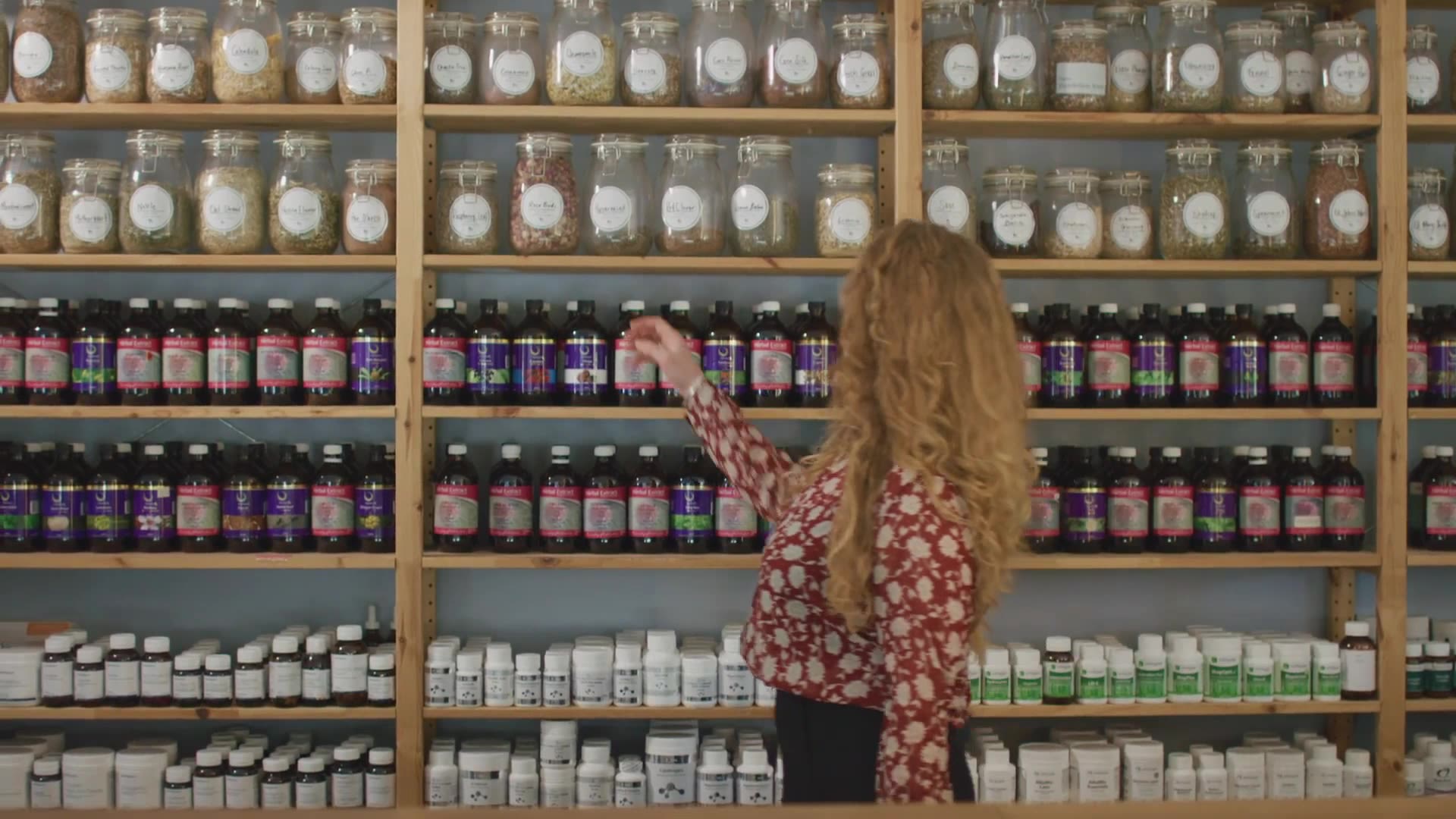
Spearheading this work is Indigenous academic and natural medicine expert Dr Alana Gall.
Dr Gall says that many Indigenous knowledge holders are fearful of sharing their knowledge of traditional medicines and food, given the exploitation of these knowledges for commercial gain, with little to no acknowledgement or benefit going to Indigenous communities.
“It’s been termed biopiracy because Indigenous knowledge is being stolen or misused and this knowledge saves R&D corporations millions, but there is no profit or benefit-sharing with the communities who have made that knowledge available,” she said.
Although Australia is signatory to the United Nations Declaration on the Rights of Indigenous Peoples (UNDRIP), the country is not party to the UN’s Nagoya Protocol, a global agreement which arguably offers a more effective and legally binding framework.
Under the Nagoya Protocol, ‘users’ of genetic resources and associated traditional knowledge must obtain permission from ‘providers’. ‘Users’ must also come to agreements with ‘providers’ and traditional knowledge holders about sharing the fruits of their research and development activities.
However, the Nagoya Protocol doesn’t explicitly cover patents. That’s where a new treaty comes in, recently signed at the World Intellectual Property Organisation - the Treaty on Intellectual Property, Genetic Resources and Associated Traditional Knowledge. It contains three key provisions on genetic resources and associated traditional knowledge and ensures patent applications disclose any involvement of traditional knowledge.
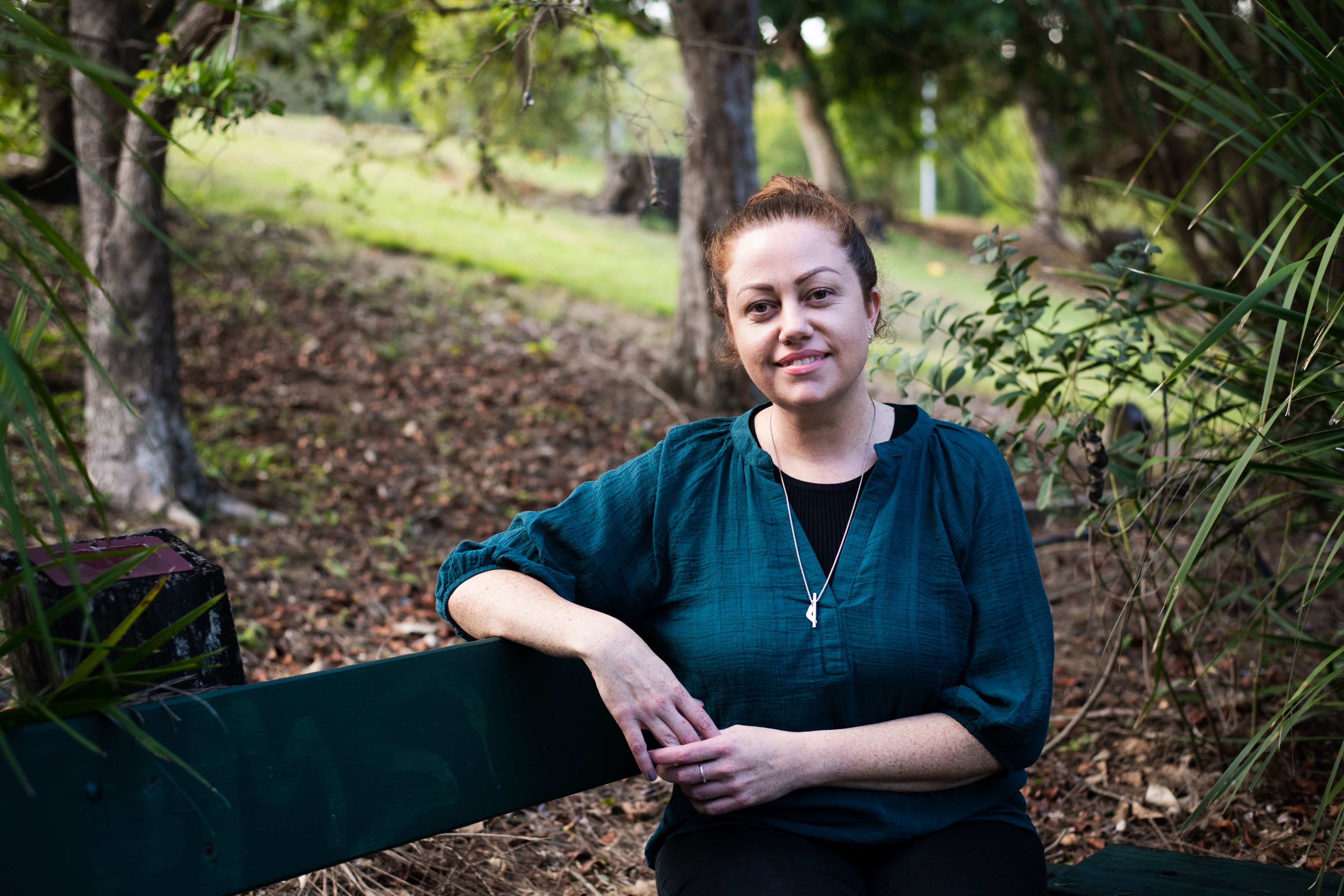
The Australian federal government agency for intellectual property rights, IP Australia, has created an Indigenous Knowledge Initiative to improve the handling of Indigenous knowledge in intellectual property, and Intellectual Property Law expert Patricia Adjei is leading the development of new Indigenous Cultural and Intellectual Property legislation for Australia.
Dr Gall hopes to build on this work by developing a framework to help inform the medicines research and development sector with best-practices that align with Indigenous peoples’ worldviews.
Further, she is working on a pharmacopeia of Indigenous Australian plants, but says it won’t see the light of day until those protections are in place.
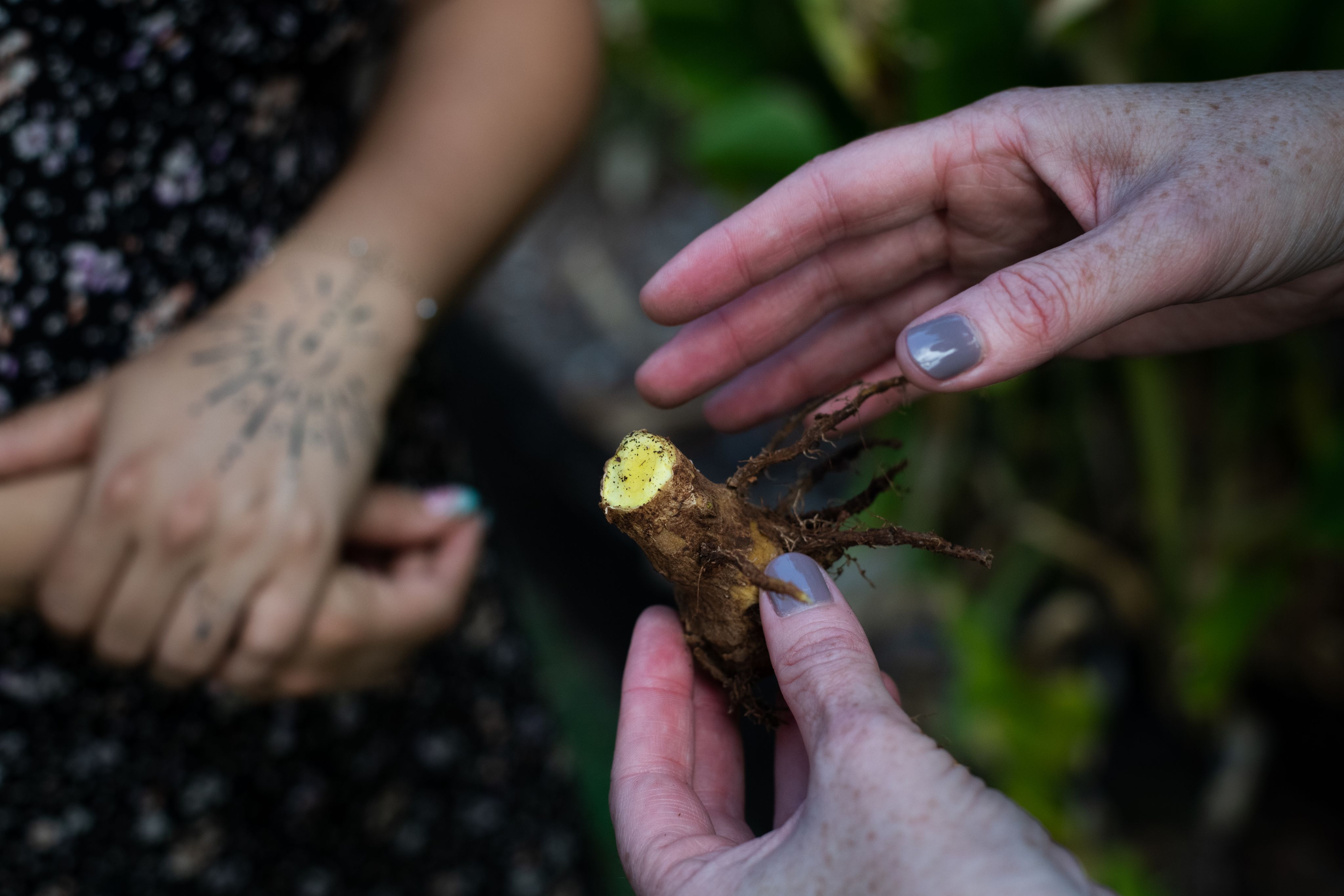
“Australia is bio-unique and most of the Indigenous knowledge is passed down orally and so it’s incredibly important to get written documentation in place.
“But the risk of publicising the benefits of these particular plants without adequate legal protection is that this knowledge will be stolen for commercial gain.”
Kakadu Plum is not the only Australian plant that has been the subject of legal dispute over recent years. Gumbi Gumbi (Pittosporum Angustifolium) a medicinal plant commonly sold as tea was at the centre of a failed trademark attempt, and other products like emu oil and tea tree illustrate a complex legal scenario.
“Gumbi Gumbi is a good example of where the crossover between a food and a medicine needs more careful consideration. For Indigenous people in Australia, Gumbi Gumbi is both a food and a medicine, yet it is currently being regulated and sold as a food but is not approved by the Therapeutic Goods Administration for use as a medicine.
“We not only need better protection of Indigenous knowledge in Australia but we also need better guidelines around where a food ends and a medicine begins so we have appropriate controls in place for their use.”
National Centre for Naturopathic Medicine
The National Centre for Naturopathic Medicine (NCNM) was established thanks to generous philanthropic gifts from the Blackmore Family Foundation in 2018 and 2024.
Since launching in 2020, the NCNM has developed six accredited degrees, taught 280 undergraduate and postgraduate students, and has mentored 18 Higher Degrees by Research students.
The NCNM has also developed one of the largest clinical trial units in regional Australia, which investigates the use of natural medicines and integrative healthcare. These have included a world-first trial into the use of medicinal cannabis for treating brain cancer and the use of natural medicines in the treatment of vertigo, urinary tract infections and diabetes among other conditions.
Director of the NCNM Professor Jon Wardle said the work to adequately protect and recognise Indigenous Knowledge is vital to the wellbeing of communities.
“Many contemporary trends in healthcare – from increasing interest in holistic healthcare practices to the growth of the natural health products sector – draw from the wisdom of traditional knowledge owners. An exchange of knowledge based on mutual respect and understanding is at the heart of good health care.
“By creating the conditions for that, we see benefits for both the Indigenous communities who have generously shared their knowledge and also for healthier communities,” he said.
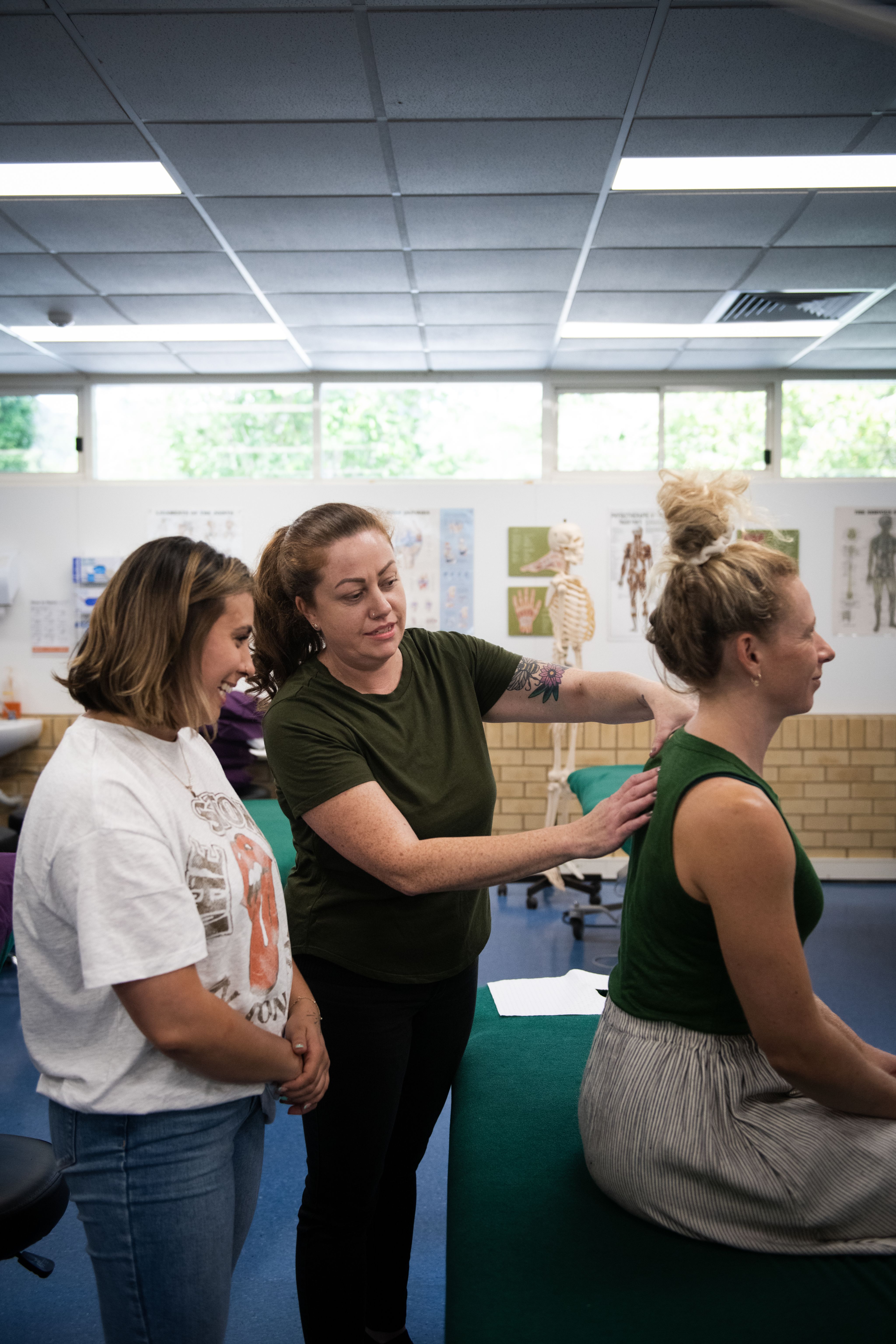
About Southern Cross University
- 3 main campuses on Australia’s east coast / 7 branch campuses including main cities
- 18,000 students
- Top 100 Young Universities (2024 Times Higher Education World University Rankings)
This content was paid for and created by Southern Cross University. The editorial staff of The Chronicle had no role in its preparation. Find out more about paid content.




